Become A ‘Hub’: How knowing who knows is more important than knowing
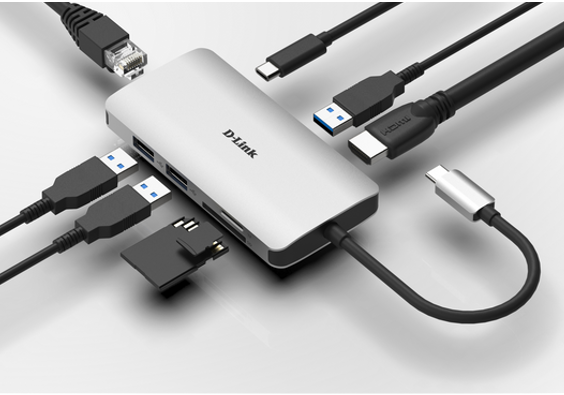
I was running a public workshop on sales skills. I wouldn’t say there was a real mix of folks. With one exception, the participants were pretty experienced salespeople. Some were up for a refresher. Some had hit a wall or ceiling, or had hit a rough patch or they’d had a particularly frustrating or negative sales experience. Some were taking on new people themselves and wanted help codifying what they inherently knew so they could teach others.
The one exception was a young man. I don’t know how young exactly. If I was on the door at a pub, I’d card him without hesitation. He worked for a marine equipment outlet. They serviced boats and sold boat bits. This chap had been an avid sailor as a child and via a family connection had scored an after-school job sweeping up, tootling around on small deliveries, etc. He said he’d enjoyed those days; an income, immersion in the behind-the-scenes of a world he loved, and motivation to aspire to work his way up the ladder. An employee discount! He impressed the employers enough that, upon leaving school, he became a full-time employee.
At the point I met him, he’d been on the shop floor as a retail assistant for six months. This wasn’t your typical entry-level retail role. If you’re selling shoes, sure you might have to learn about the specifics of certain shoe brands but you know what shoes are and how they work. With these yacht parts, it was technical with a breadth and depth of complexity. After six months, my trainee was awash in frustration at not already being an expert in everything. Even most people’s default reasonable response to technical customer enquiries of, “I don’t know but I’ll find out and get right back to you” was wearing thin. It wasn’t like he’d say it a couple of times a day. He said it seemed like every single customer. And, that continual reinforcement of his own perceived inexpertise was a vicious downward morale spiral. In his time on-site outside the shop, he was expected to sell – by observing what the customers were up to and how their products and services might add value.
For myself, my starting position is to ask questions of my own clients or prospects when I’m in that situation. I don’t sell boat parts; I sell myself. All my clients are different and I have little chance of ever knowing everything about all of them so why bother. I accept that I don’t and can’t and turn it into an advantage. I ask questions. I show interest. I don’t pretend to know more than them. As a sales technique and as a self-care technique. It works well for me.
So, I asked my trainee some questions: what have you learned in your six months; does everyone know everything; how much new stuff is there to learn even for those who have been there a while? It turned out he’d learned quite a bit. His employers were fine with his rate of progress. The frustration was his alone. He also learned that, apart from him, the average employee in that firm was been there near 30 years. I set him a challenge: how can you turn what you perceive as a failing and turn it into a strength, a competitive advantage? How can you ‘flip it’? How can continuously having to take customers to other staff members be a good thing, for you, the store, and the customer?
And, he did it. He flipped it.
What he did know, better than anybody else, was who did know. All his hand-holding of customers to other staff had taught him who the specialists on different topics were. He knew that more than anyone else, even the boss, especially around new and changing technologies. He developed a bit of banter that sounded confident, “Great question. I’m not THE expert on that but I know who is. They’ll be free in a minute. I’ll take you to them and introduce you and your question…” He would then listen in and learn with them, both about the product and the customer.
It worked. He would go on to become the ‘glue guy’ that other, more experienced, staff would turn to when they faced questions outside their specialised expertise. He became a hub and is now extending that outside his shop’s staff to wider industry people. Give him a year or two and he’s going to be quite the influencer and salesperson. Networks. Connections. These are terms both in sales and technology. And both rely on hubs. Be a hub.
As a sales-person, we should probably put a decent amount of effort into learning about the products and services we sell. But, increasingly the pace of change is such that we cannot hope to know it all and keep up to date. But, we can proactively create and maintain our connections, not as a weakness but as a strength.
#SalesTraining
Learn more at www.terrywilliamstrainer.com
Posted on January 17, 2023, in Employee Engagement. Bookmark the permalink. Leave a comment.
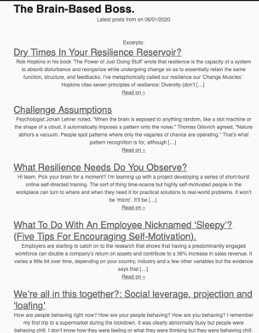
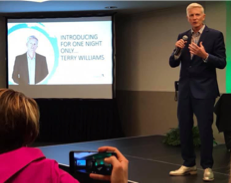


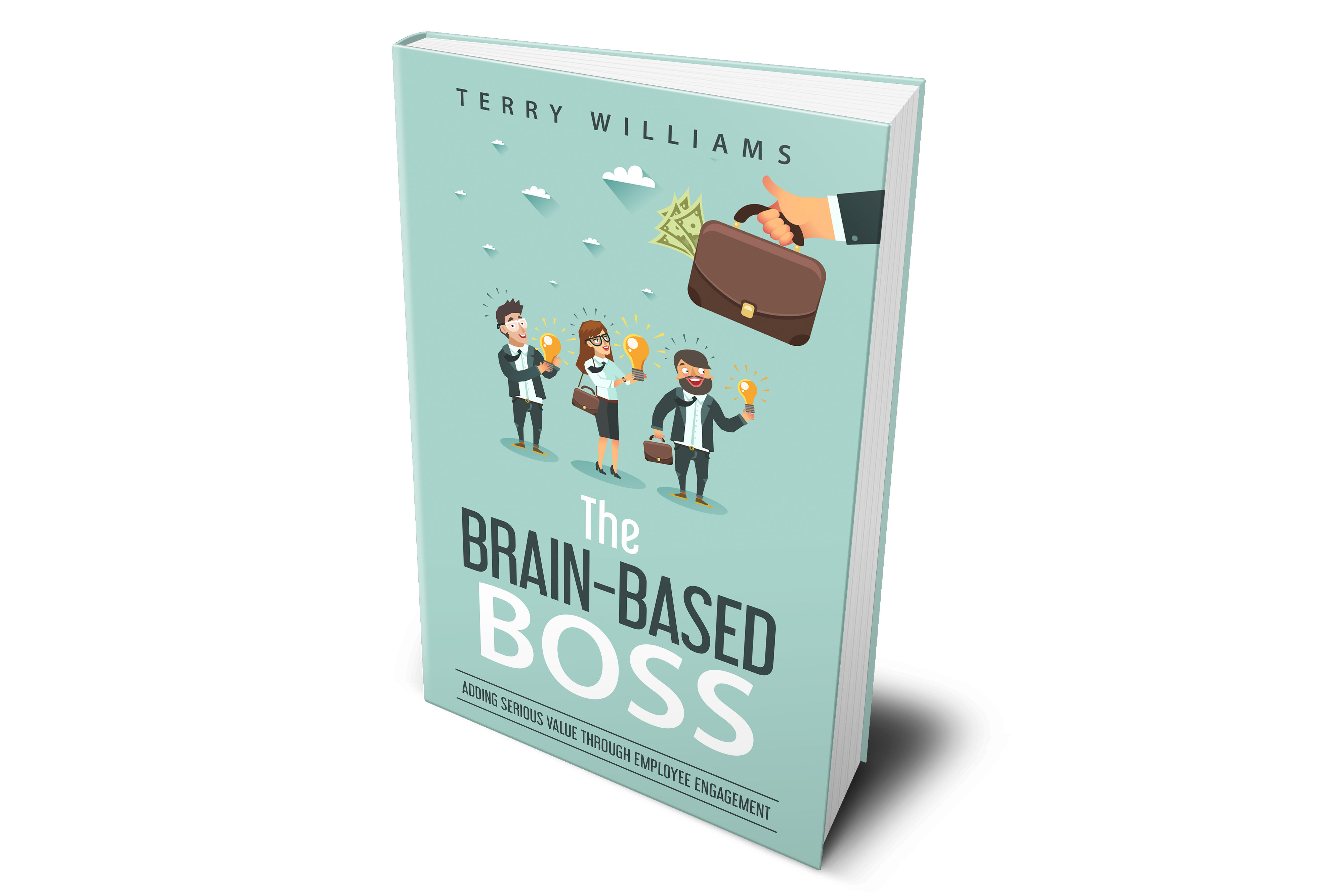
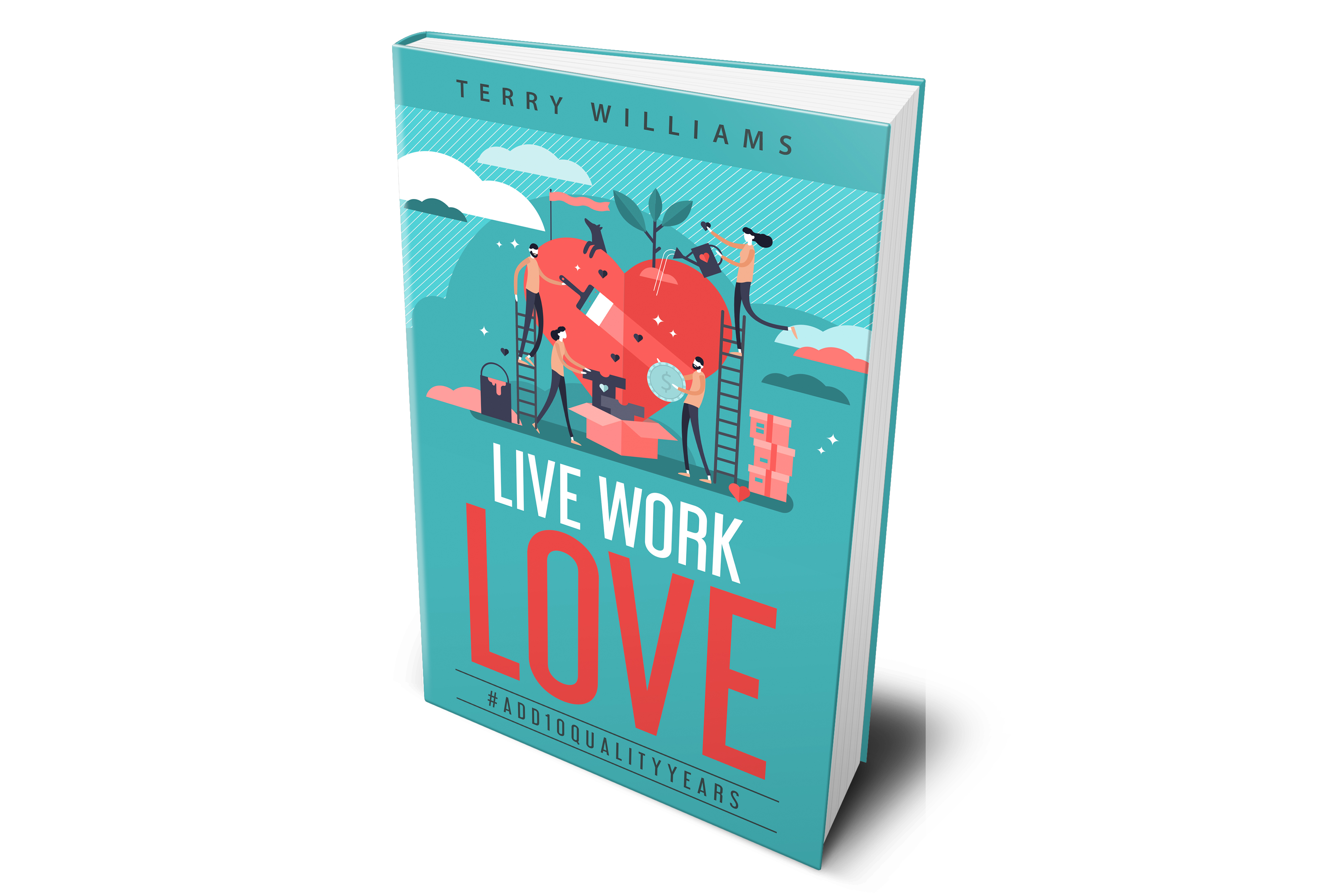
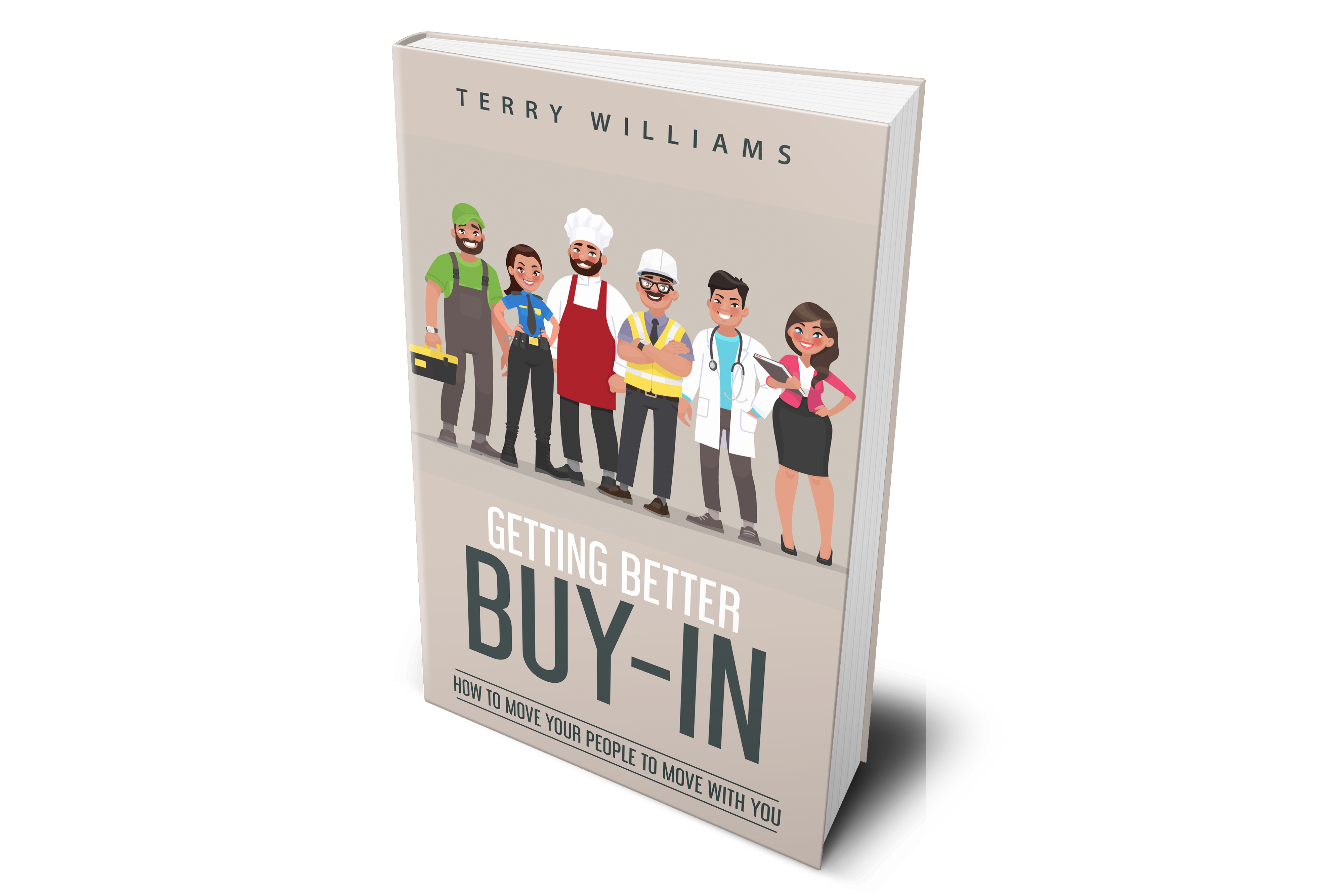
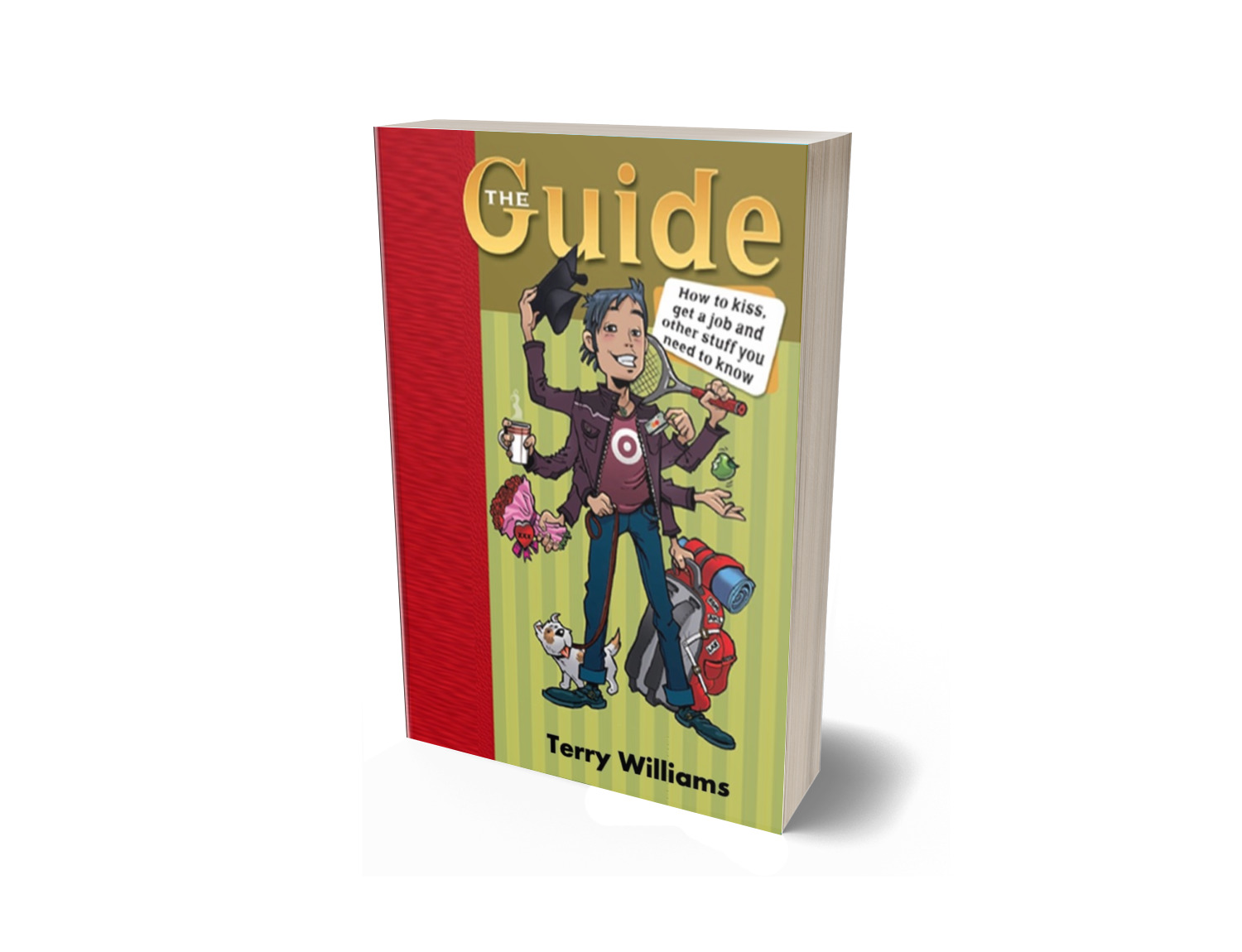
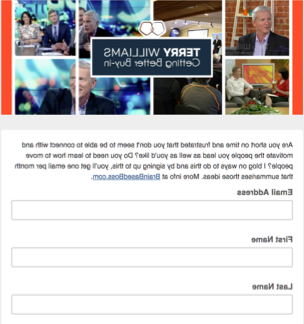
Leave a comment
Comments 0